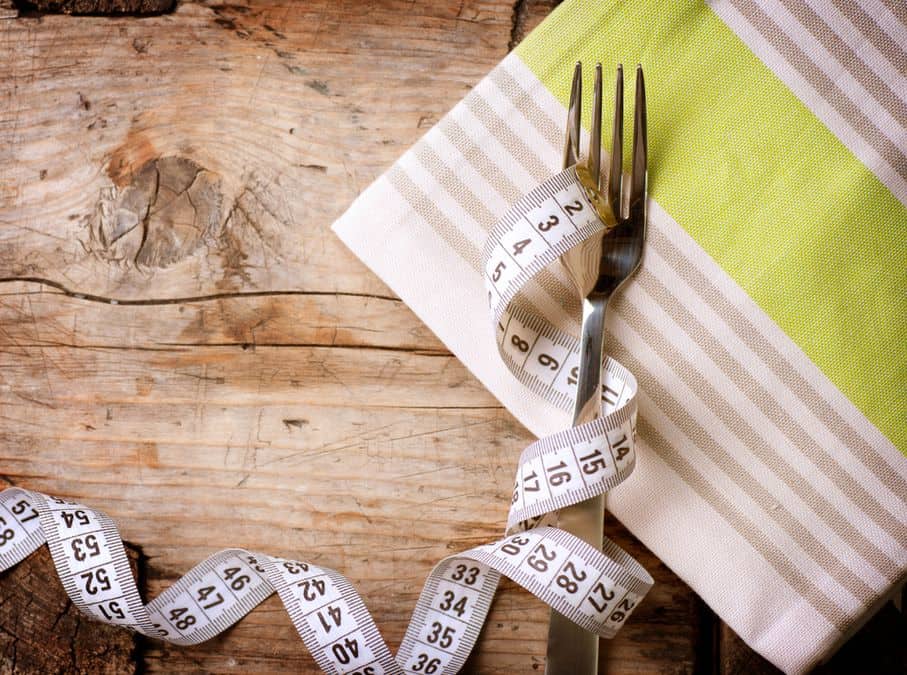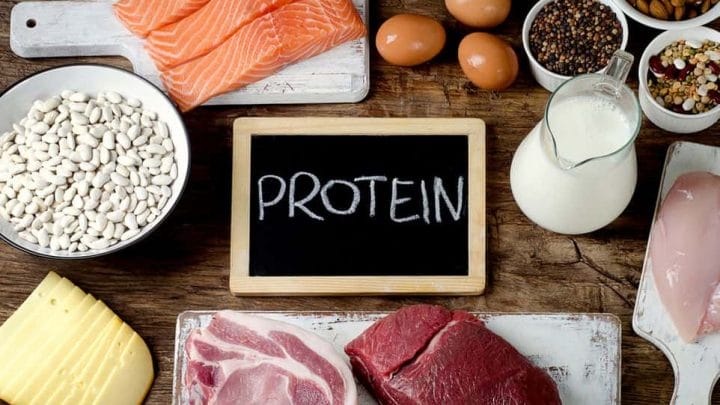
The IF intermitten fasting diet – called intermittent fasting – what does it consist of?
In 2019, the CBOS Foundation did a study that found that more than half of our population has difficulty maintaining a healthy body weight, so the IF (Intermitten fasting) diet is the perfect solution for people who don’t have time to count calories due to a busy lifestyle. However it is not a model of nutrition, which is similar to the one we know the most, the traditional one. The principles of the if diet are very simple. They consist in separating periods during the day, when you can eat, from the periods when you should give up eating. The simplest definition of the principles on which the intermitten fasting is based is that no matter how much you eat, it is important when.
Nutritionists undoubtedly argue that the best way of eating is regular meals a day every 3 – 4 hours, but intermittent fasting is gaining more and more supporters. IF is not a way of eating that has emerged recently. It was created several years ago. What distinguishes it from other diets is that no information has been published that would prove its adverse effects on the human body. In the case of IF, there are more and more scientific studies that document thebenefits of using the diet window.
Contents
IF diet – rules of application

The intermitten fasting diet is based on a clear separation of the periods in which you can eat, that is the nutritional window, from the time in which you explicitly refrain from reaching for any food products – fasting. Then we can reach for a zero-calorie product such as water, coffee with a little milk, tea with sweetener or chewing gum. The diet has several proposals, which allow the person interested in this model of nutrition to adapt to the needs of his/her body and lifestyle. At our disposal we have:
1. 16/8, which means that for 16 hours during the day we fast, and for 8 hours we eat
During the eating window we eat three meals and two snacks during the day. This is the most popular variant of the IF diet. We can also meet with the 14/10 split, where the time is extended by 2 hours. The most common scheme is to start fasting at 8 pm and end it at 12 with breakfast. It is recommended for people who are active in the afternoon because of the post workout meal, which is necessary to replenish glycogen stores in the muscles.
There is also a proposal for people who would find it difficult to abstain from eating until noon. Then it is suggested to start fasting at 6 pm and end it at 10 am the next day. This is the easiest method of following the diet because we go to bed before we feel hungry, we sleep half the time and the morning coffee with milk suppressesthe hunger.
2. 20/4, which means that fasting takes place for 20 hours and the period of eating for 4 hours.
This is referred to as the warrior diet, and the eating pattern is analogous to the prehistoric diet. We eattwo very decent mealsin 4 hours, at least one of which should be warm.
3. 5:2, or five days a week we eat normally
According to the guidelines for five days we should not overeat, but for two days a week we follow a diet of 500 to 600 kcal.
4. 6:1 (eat – stop – eat)
People who are going to follow this form of fasting eat normally for 6 days and fast one daya week.
IF diet and its effects.
On the basis of research on IF diet and opinions of the majority of people who have used it, it can be said that intermittent fasting works and does not cause side effects to our body. It is important to eat good quality products during the eating window, not highly processed food and alcohol. In this way we can observe improving the work of our metabolism what gives us the desired weight loss and better mood .
In addition, proponents of intermittent fasting claim that the probability of feeling hungry every 3 hours is low, because it disrupts the natural mechanisms and work of our biological clock. It is believed that we need hunger to implement many metabolic processes. Moreover, it is worth noting that long-term use of the IF diet has a huge impact on inhibiting the development of such ailments as
- lowering the level of body fat, especially visceral fat,
- reduced risk of cardiovascular disease,
- reduced risk of diabetes,
- reduced risk of neurodegenerative diseases.
Who should benefit from intermittent fasting?
IF diet can be recommended to all people for whom the traditional methods proposed by nutritionists have not worked. This model of nutrition is ideal for people who are busy and want to control their diet and figure. It will allow them to reduce their body weight by up to 3.5 kg within 4 months.
Many doubts are raised about skipping breakfast, which is considered the most important meal giving us energy for the day, while IF diet eliminates the obligation to eat in the morning, because the nutritional window allows us to consume the first meal in the afternoon or even later.
Who isn’t the IF diet for?
IF diet is not for everyone. It should be avoided by people who work out intensively every day, do hard physical work and do not get enough sleep such as pregnant women and young mothers. Also it should not be used by diabetics taking insulin and people with liver and kidney disease. Fasting also has an impact on our hormonal system, so patients who have a thyroid disease and are taking medication should discuss this with their doctor before starting a fast. In addition, this model of nutrition is not suitable for children and adolescents and people who have problems with appetite.
Pitfalls in the IF diet
An annoying feeling of sucking in the stomach after several hours may result in an unconsidered attack on food. In such a moment we reach for food without paying attention to whether it is healthy or not. After a longer break from eating the brain demands an energy boost, so in such a case we tend to reach for sweet and calorie foods.
This usually happens at the beginning of IF(Intermitten fasting) in the first days of fasting. It is difficult for people who often snack and are used to the constant feeling of satiety. The process of adjusting to fasting hours depends on our insulin sensitivity. Unfortunately, the weaker it is, the longer the whole process takes. Before starting the fasting period you should observe your body when it feels tiring hunger so that at this point you can plan your eating window, which can be gradually shifted over time.
Pros of staying on the IF diet

It has not been known for a long time that limiting the supply of calories brings us more positive effects than harm. Especially that our lifestyle results in eating meals in a hurry, which are very often rich in easily assimilable carbohydrates and unhealthy fats. What is more, we are constantly stressed and lack physical activity. In the end it results in deterioration of health and excess weight. Regular implementation of the IF diet allows us to stop these processes.
Therefore it is important that our body could calmly digest the food that was eaten as the last meal, even if it was a heavy one. It’s worth that IF diet is rich in whole grains, fruits and vegetables, seeds, nuts and good quality cold-pressed oils. This allows the digestive system to focus on regeneration and repair processes. Another important fact is that the level of triglycerides in the blood is lowered, provided that meals that are not highly processed such as fast food or sweets are introduced to the menu. IF diet also has an impact on reducing inflammation, thanks to which our body regenerates faster. Researchers have also proven that eating windows leads to resetting our body.
This allows us to reset it so that it works properly. This is especially important for people diagnosed with insulin resistance, because then the energy from food is used to build, not burn fat. This has an impact on sensitizing our system to insulin and leptin. Leptin is a hormone which is responsible for appetite control and the ability to use stored fat as an energy source. Additionally, the third hormone which is responsible for our body weight – ghrelin – starts to activate. Thanks to this we stop snacking.
In conclusion, IF diet allows us to control our figure and health if we approach it rationally and with head, but it is worth remembering that it is not a magic pill that will solve our problems with eating. If we have a strong will, which will allow us to use fasting, thanks to which we feel the differences on the plus side, there is no need to give it up. The individual approachis very important .



